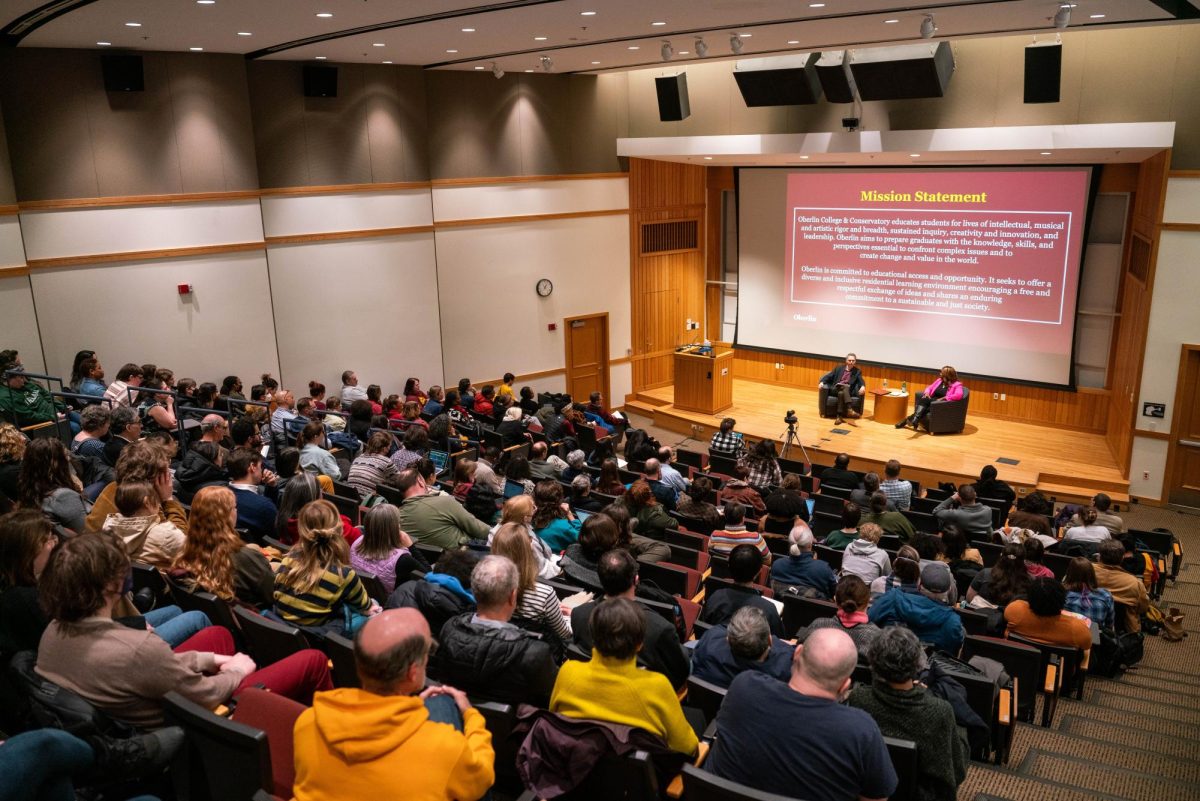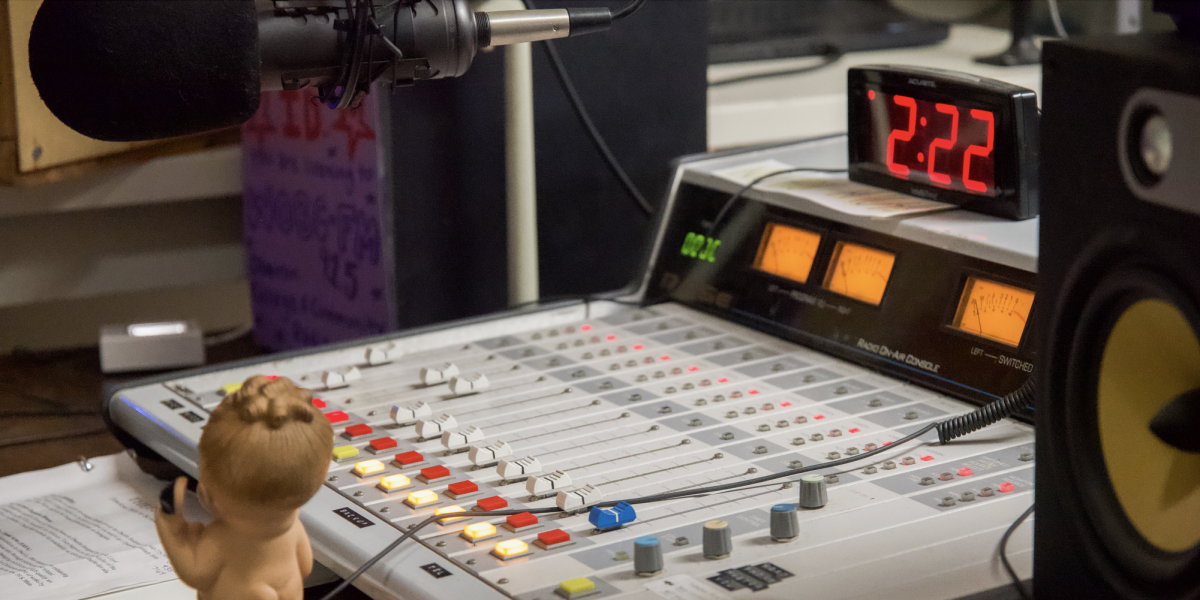Al Jazeeras’s Moment
February 11, 2011
Al Jazeera, the Qatari satellite broadcaster that has served as the voice for Arab discontent since its founding in 1996, is having a busy winter. Unlike most Middle-Eastern media, the majority of which is state-run, Al Jazeera is influenced very little by its patron government’s politics. And in the last month, it seems the broadcaster has come into its own — not just regionally, but internationally. As journalists, we find it inspiring (yet not entirely surprising) that tireless, public interest reporting appears to bring down dictators far more efficiently than American armies ever have.
This journalistic coming-of-age story began in Tunisia slightly less than two months ago, on Dec. 17, when a government official in the rural town of Sidi Bouzid reportedly slapped a fruit vendor and confiscated his electric scale. When the municipal government refused to return the man’s property or grant him an audience with the region’s governor, he drenched his body in paint thinner and, standing outside of the governor’s office, struck a match and engulfed himself in flames. His martyrdom set off a wave of protests, first from the vendor’s relatives, then from others in his town. An interior designer living in Sidi Bouzid recorded the protests and posted videos of them to his Facebook account, where they were discovered by an Al Jazeera journalist. Soon, the satellite broadcaster was spreading news of unrest across the Arab world.
The unrest continued to spread and, on Jan. 14, Tunisian president Zine el-Abidine Ben Ali fled the country.
Ten days later, Al Jazeera fed the flames by releasing the “Palestine Papers,” a collection of leaked documents detailing the peace negotiations between the Palestinian and Israeli governments — negotiations in which both parties put far more on the table then they had been revealing to their peoples.
As tensions mounted, Al Jazeera itself came under attack — literally. In both Lebanon and the West Bank, factions disgruntled by Al Jazeera’s coverage attacked bureaus and burned vans. Taking such a dramatic step as the Palestine Papers while broadcasting to an audience that had been angry for weeks (in a region that had been angry for centuries) made some wonder what Al Jazeera thought it was doing. Now, some two weeks later, it seems clear that the broadcaster was taking a stand, attempting to indicate that it was beholden only to the truth.
“I think we should be careful — I mean we shouldn’t think that our role is to release the Arab people from oppression,” a Tunisian-born news anchor, Mohammed Krichen, told The New York Times. “But I think we should also be careful not to avoid any popular movement. We should have our eyes open to capture any event that could be the start of the end of any dictator in the Arab world.”
This assertion rang slightly hollow when Al Jazeera delayed its news coverage of the Egyptian protests by hours, broadcasting other scheduled programming instead, a move some believe was out of respect for the Qatari emir’s close diplomatic ties with Egypt’s leader, Hosni Mubarak.
But by the next morning, Al Jazeera was on the streets of Cairo, side by side with reporters from every major Western media outlet. Soon, Al Jazeera’s journalists were the most frequently targeted by mobs quick to label any foreign correspondents as “spies” — the same mobs to whom CNN hunk Anderson Cooper fell victim. During Operation Iraqi Freedom, when the American army repeatedly “accidently” bombed Al Jazeera’s correspondents, Al Jazeera was once more under attack for asserting itself in the dangerous business of spreading information in a volatile region.
Yet they succeeded nonetheless. They were the first to break many events integral to the protests, and had the most comprehensive network of reporters across Egypt. “There was little doubt that they provided more exhaustive coverage than anyone else,” a Times reporter ceded in a non-editorial Jan. 28 article. By Jan. 30, Obama’s advisers were monitoring the protests by watching Al Jazeera English.
Al Jazeera isn’t perfect — especially from the American perspective. As the voice of Arab unrest — a journalistic role that is easily romanticized — Al Jazeera is also implicitly the voice of rage toward oppressive Western-backed governments. Some argue that their coverage is anti-American, and is thus, by journalistic standards, not entirely objective.
Yet Al Jazeera is a product of its place, and even more so, a product of its time. And its time has come. The democratizing role that the satellite station has claimed for journalism during this winter’s revolutions has drawn international attention to the role journalists can play in shaping the world’s history. We don’t support any intentional blind spots and biases in Al Jazeera’s coverage, but, motives and politics aside, theirs is an inspiring story for any reporter working in the public interest.






















